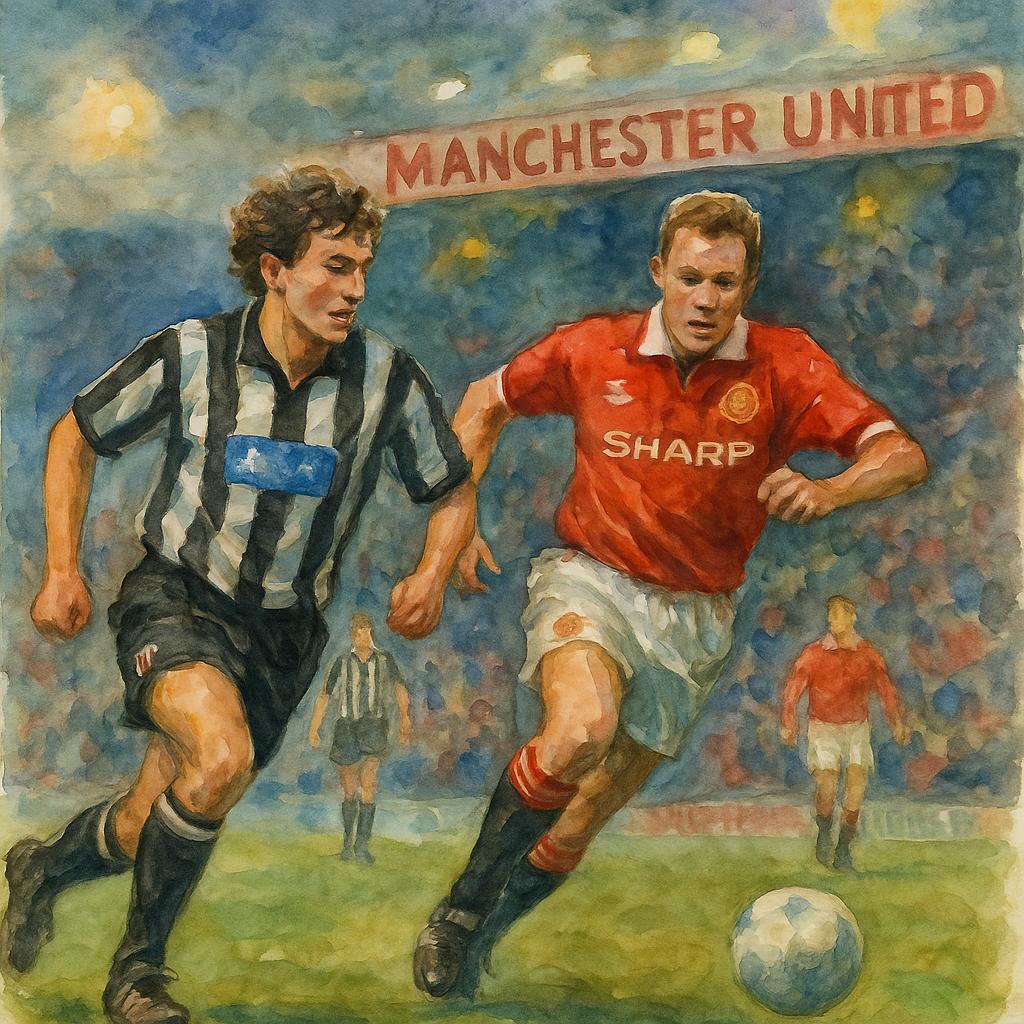Grimsbyn unohtumaton ilta Manchester Unitedia vastaan – satu joka melkein katosi minuutin viiveeseen
There are football nights that fade into forgettable blur, and then there are nights that carve themselves into the fabric of a club’s identity. Grimsby’s clash with Manchester United in the Carabao Cup belongs firmly in the latter category—an evening that balanced on the knife-edge of disaster and emerged as a story for the ages.
The minnows against the might
On one side: Grimsby Town, a club rooted in its fishing heritage, with modest resources and little expectation beyond pride and bravery. On the other: Manchester United, a name that reverberates across continents, a team so laden with history and prestige that playing them alone feels like a triumph. It was David versus Goliath printed on the back of every program.
But on the pitch, something extraordinary unfolded. Grimsby dug deep, fought for every inch, and dragged the contest to penalties. And then, in the ultimate theatre of football drama, they silenced Old Trafford. United had fallen to the underdogs from the seaside.
The small shadow behind the glory
At the heart of the fairytale was Clarke Oduor, a substitute whose introduction in the 73rd minute injected energy and helped carry Grimsby to their climactic shootout. Yet his appearance carried an almost invisible threat—his registration paperwork had been submitted at 12:01, one minute past the noon deadline. A single tick of the clock could have erased the defining moment of the club’s recent history.
Bureaucracy versus magic on the pitch
While supporters celebrated in uncontainable joy, there was a parallel narrative unfolding behind the scenes. A timestamp on an email threatened to render the crowd’s roar meaningless. The question loomed: would one minute of clerical tardiness invalidate ninety minutes of defiance and passion?
Mercifully, the decision-makers found balance. Rather than stripping the club of their miracle, they handed down a £20,000 fine—half of it suspended. It was punishment enough to uphold the rules, but lenient enough to keep the romance of the game alive.
More than just a win
For the people of Grimsby, this was validation. It wasn’t only about knocking out a titan; it was about a town and a community demonstrating that heart can outshine resources, that unity can overcome odds. For a few hours on that night, the working‑class town stood larger than Manchester United’s global empire.
In the decisive moment, when the penalty hit the net, time seemed to hang, and then fracture into jubilation. The roar was not simply the sound of a goal—it was the anthem of collective pride, a cry that stitched itself into club folklore.
The fragility that made it brighter
Yet even as the joy surged through supporters, the what‑if lingered. Could their miracle have disappeared into administrative technicality? Could a single minute’s delay have scrubbed away a story that carried the weight of generations?
That razor-thin margin only made the triumph shine brighter. The knowledge that it almost didn’t count elevated its importance. The victory became not just about toppling United but about surviving the cold logic of systems in favor of the warm truth of football’s spirit.
A story to pass down
Time has moved on. The floodlights are off, the stadium filled with ordinary silence again, and the team back on training pitches far from the global spotlight. Yet the story lives, destined to be retold in pubs, around family tables, in the chants of younger fans who will grow up hearing tales that begin with four magic words: “I was there that night.”
Because football, at its best, isn’t about deadlines or rules on files. It’s about emotion, community, and those narrow moments when fate and fight combine. For Grimsby Town, the victory will endure—not just over Manchester United, but over the ticking clock itself.
The legend endures
One minute late, ninety minutes of heart, one story forever. That’s football. That’s why they’ll remember.
